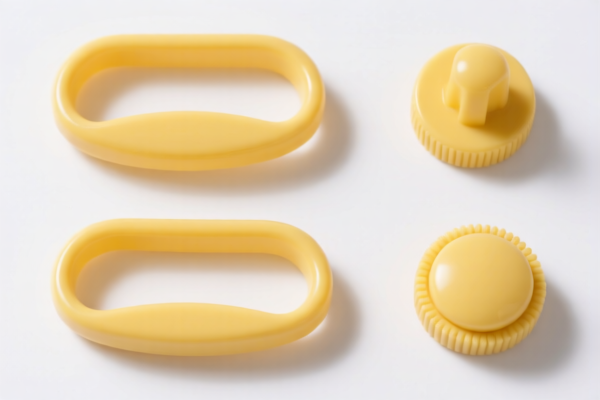| HS Code | Official Doc | Tariff Rate | Origin | Destination | Effective Date |
|---|---|---|---|---|---|
| 9202902000 | Doc | 42.0% | CN | US | 2025-05-12 |
| 9202904000 | Doc | 46.2% | CN | US | 2025-05-12 |




Guitar
The guitar is a fretted musical instrument, typically played by strumming or plucking the strings with the fingers, thumb, or fingernails of one or both hands.
Material
Guitars are constructed from various woods, each contributing to the instrument’s tonal characteristics. Common materials include:
- Body: Spruce (top), Mahogany, Rosewood, Maple, Alder, Ash, Basswood. Solid wood tops are generally favored for resonance and projection. Laminate woods are more affordable and durable.
- Neck: Mahogany, Maple, Rosewood.
- Fretboard: Rosewood, Ebony, Maple.
- Strings: Steel (acoustic), Nylon (classical), or a combination of materials.
- Hardware: Metal alloys (tuners, bridge, tailpiece, frets).
Purpose
The guitar serves a wide range of musical purposes, including:
- Melody: Playing lead lines and solos.
- Harmony: Providing chordal accompaniment.
- Rhythm: Establishing a rhythmic foundation.
- Composition: As a tool for songwriting and arranging.
Function
The guitar functions by vibrating strings stretched between a body and a neck. These vibrations are amplified by the soundboard (the top of the guitar) and resonate within the body, creating sound. The pitch of a string is determined by its length, tension, and mass. Frets on the neck allow the player to accurately change the string length, thus altering the pitch.
Usage Scenarios
Guitars are used in a vast array of musical genres and settings:
- Solo Performance: Acoustic or electric guitars are often used for individual performances.
- Band Performance: Guitars are core instruments in rock, pop, blues, jazz, country, and many other band settings.
- Studio Recording: Guitars are frequently used in professional recording studios for diverse musical projects.
- Classical Music: Classical guitars are used for solo recitals and ensemble performances.
- Flamenco: Specialized flamenco guitars are used in traditional Spanish music.
- Fingerstyle: Guitars are used in fingerstyle playing, where individual strings are plucked to create complex arrangements.
Common Types
- Acoustic Guitar: Produces sound naturally through the soundboard.
- Dreadnought: A large-bodied guitar known for its powerful sound.
- Concert/Grand Concert: Smaller-bodied guitars, offering a more focused sound.
- Parlor: Smallest body size, ideal for fingerpicking.
- 12-String: Features six pairs of strings, creating a richer, fuller sound.
- Classical Guitar: Features nylon strings and a wider neck, typically used for classical and flamenco music.
- Electric Guitar: Requires amplification to produce sound.
- Solid Body: Most common type, known for sustain and versatility. (e.g., Stratocaster, Telecaster, Les Paul)
- Semi-Hollow Body: Combines features of solid and hollow body guitars.
- Hollow Body: Produces a warmer, more resonant tone.
- Bass Guitar: Lower-pitched instrument used to provide the harmonic foundation of a song.
- Resonator Guitar: Uses a metal cone to amplify the sound, often used in bluegrass and blues music.
Guitars fall under the category of string musical instruments. Based on the provided information, the following HS codes are applicable:
- 9202902000: This HS code covers “Other string musical instruments (for example, guitars, violins, harps): Other: Guitars: Valued not over $100 each, excluding the value of the case”. This specifically applies to guitars with a value not exceeding $100 each, and the case value is not included in the valuation. The total tax rate is 42.0%, comprised of a 4.5% base tariff and a 7.5% additional tariff, increasing to 30.0% after April 2, 2025.
- 9202904000: This HS code covers “Other string musical instruments (for example, guitars, violins, harps): Other: Guitars: Other”. This applies to guitars not specifically covered by HS code 9202902000. The total tax rate is 46.2%, comprised of an 8.7% base tariff and a 7.5% additional tariff, increasing to 30.0% after April 2, 2025.
It is important to determine the value of the guitar to correctly apply either HS code 9202902000 or 9202904000.
Customer Reviews
No reviews yet.